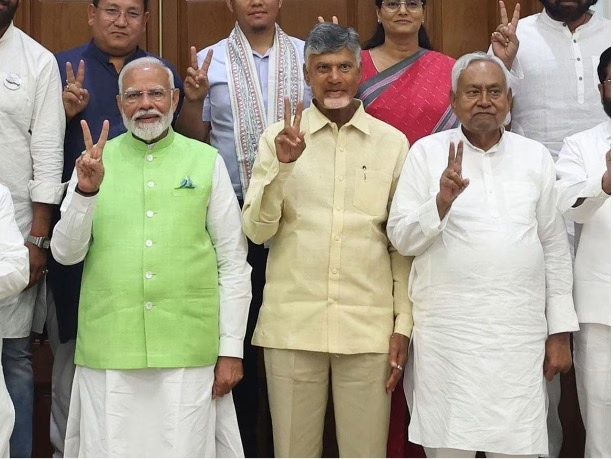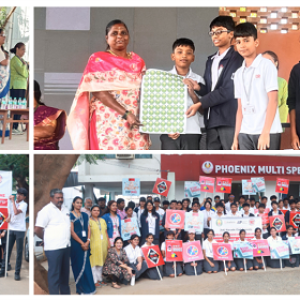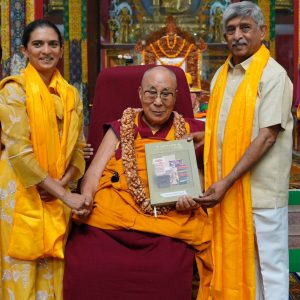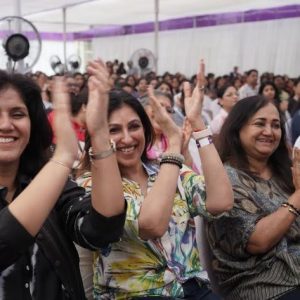As Prime Minister Narendra Modi begins his third term in office, focus has switched to the vital position of Speaker of the Lok Sabha. The proverb “jiska speaker is uski sarkar” (whose speaker is their government) emphasizes the importance of this role; it is a lesson that is still well remembered from the Vajpayee administration’s fall in 1999.
The Atal Bihari Vajpayee-led administration was overthrown in 1999 when the Lok Sabha barely rejected a motion of confidence. The turning point occurred when Odisha Congress leader Giridhar Gamang was permitted to cast a ballot by Telugu Desam Party (TDP) Lok Sabha Speaker GMC Balayogi, even though Gamang had just taken the oath of office as Odisha’s chief minister. Gamang’s lone vote against the government shifted the odds, and the Vajpayee government was overthrown by a just one vote (269 in favor and 270 against).
The National Democratic Alliance (NDA) is once again vying for the position of Speaker of the Lok Sabha, which has rekindled debates over the role’s authority and impact. The TDP, the second-largest NDA component, is reportedly vying for the Speakership, which they previously held before to Vajpayee’s fall from power.
The BJP only managed to secure 240 seats in the 543-member Lok Sabha following Prime Minister Modi’s recent election victory, falling shy of the 272-seat majority threshold. This is in stark contrast to the two terms that Modi served before, during which the BJP had a clear majority. The current situation is similar to what Vajpayee encountered in 1999, when coalition dynamics played a crucial role.
The Speaker has a crucial role in upholding the House’s rules, interpreting them, and making decisions that have the potential to impact legislation. In addition, the Speaker preside over joint sessions of Parliament and has the power to break ties with a single vote. The importance of the job is further shown by their discretion in making judgments, such as deciding on the type of legislation.
The decision of the Speaker becomes much more crucial for the BJP because of its need to manage a coalition government. Reminiscent to the 1999 episode, the TDP, led by N. Chandrababu Naidu, has apparently claimed the position. Aaditya Thackeray, the head of the Shiv Sena (UBT), has also asserted that the Janata Dal United (JD(U)) has a claim.
Due to their legislative majority, the BJP appointed the Speaker from among their own ranks for the previous 10 years, but this scenario suggests a possible change in that approach. Thus, the selection of the Speaker in Modi 3.0 is expected to be a crucial test of the BJP’s ability to lead a coalition.
The Speaker’s jurisdiction extends beyond simple authority and includes the responsibility for maintaining the House’s efficient operation. The Supreme Court of India has emphasized that the Speaker’s duties should be performed impartially and should not be party-specific. Notably, Somnath Chatterjee, the previous Speaker of the Lok Sabha, stood by this idea and was expelled from his party for putting his duty ahead of party loyalty.
The selection of the Speaker of the Lok Sabha will be closely monitored over the course of Modi’s new term. It will not only represent the NDA’s internal dynamics but also establish the standard for future parliamentary sessions. This important choice will surely be influenced by the lessons learned and the impact of the 1999 vote.













